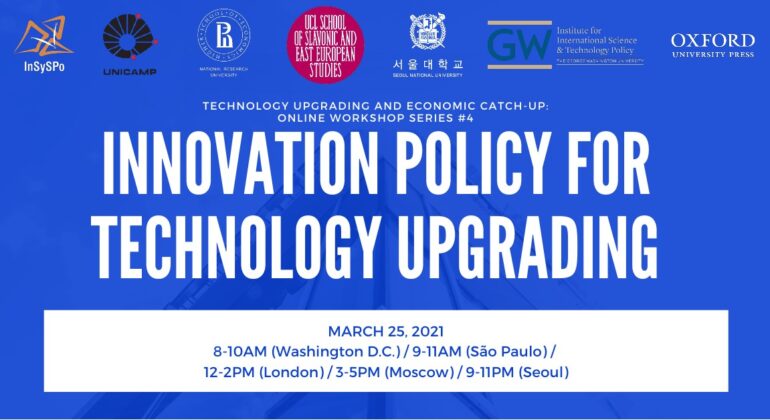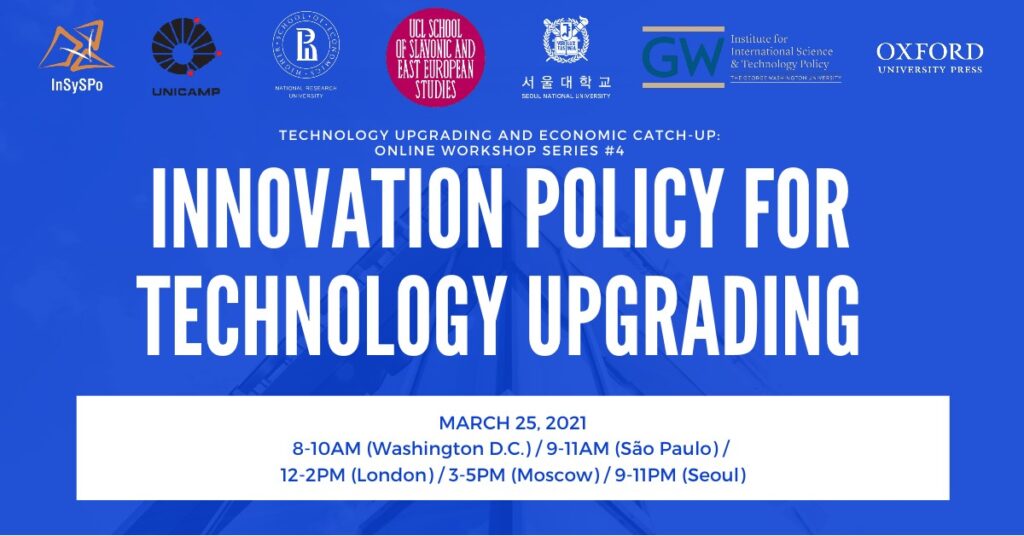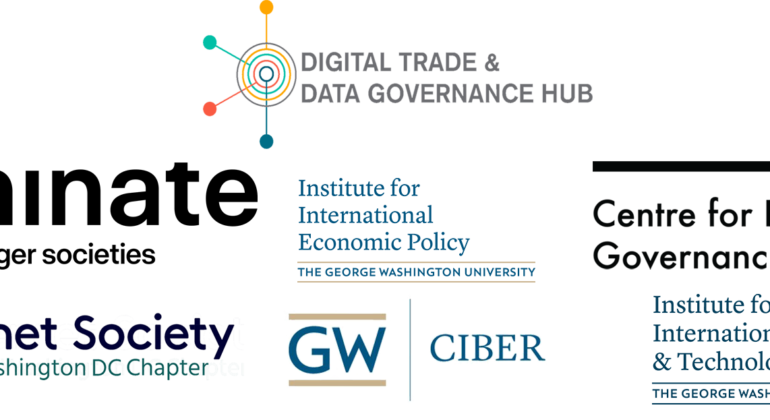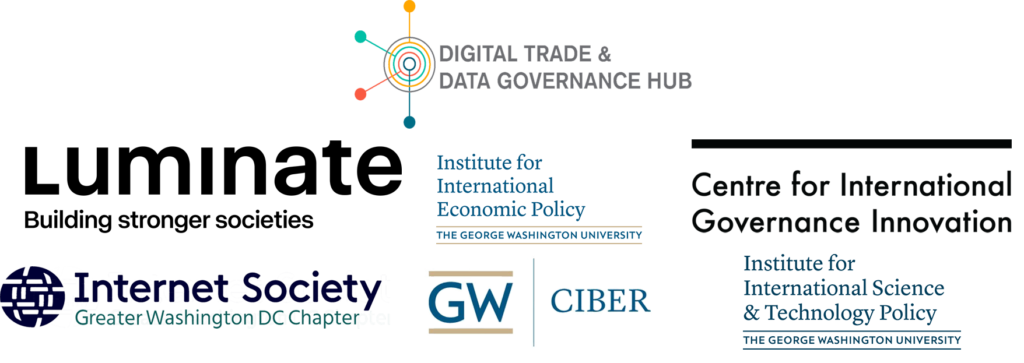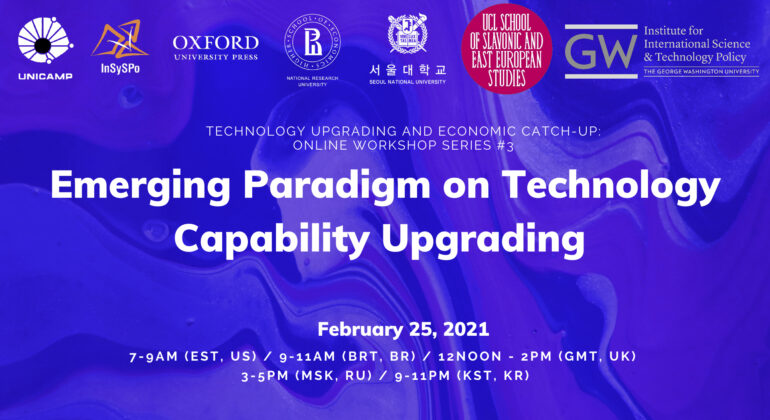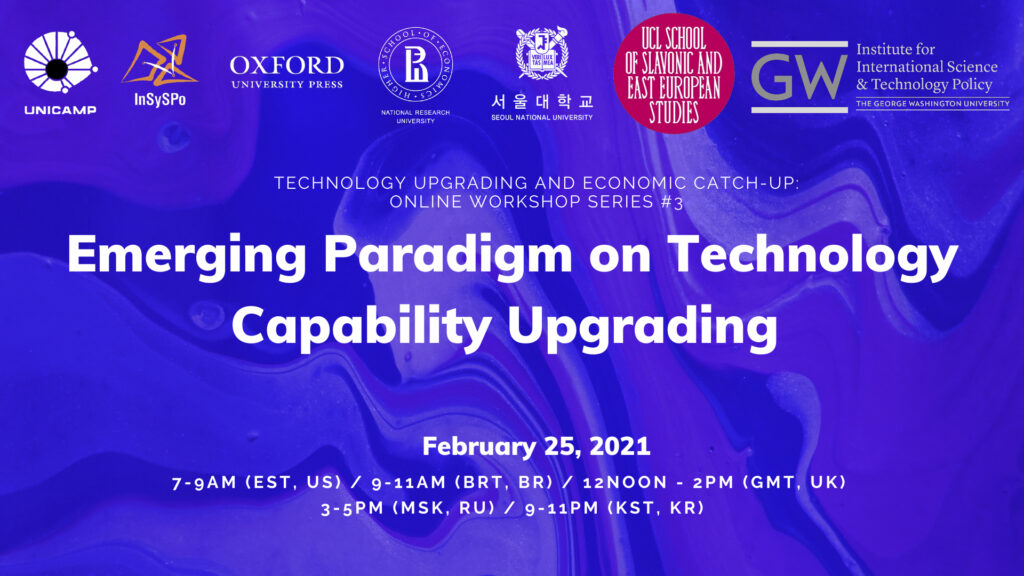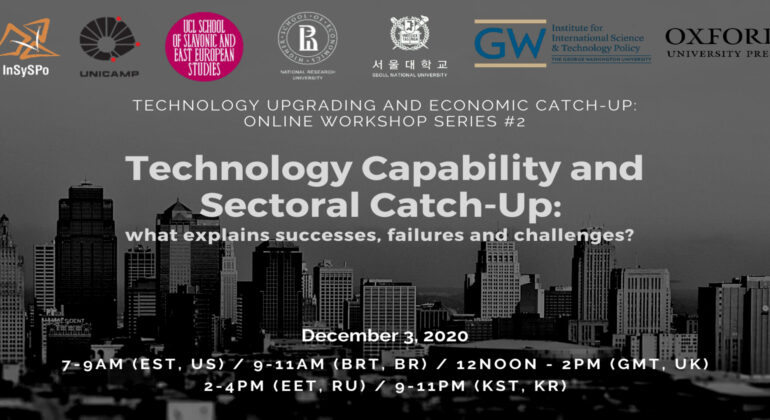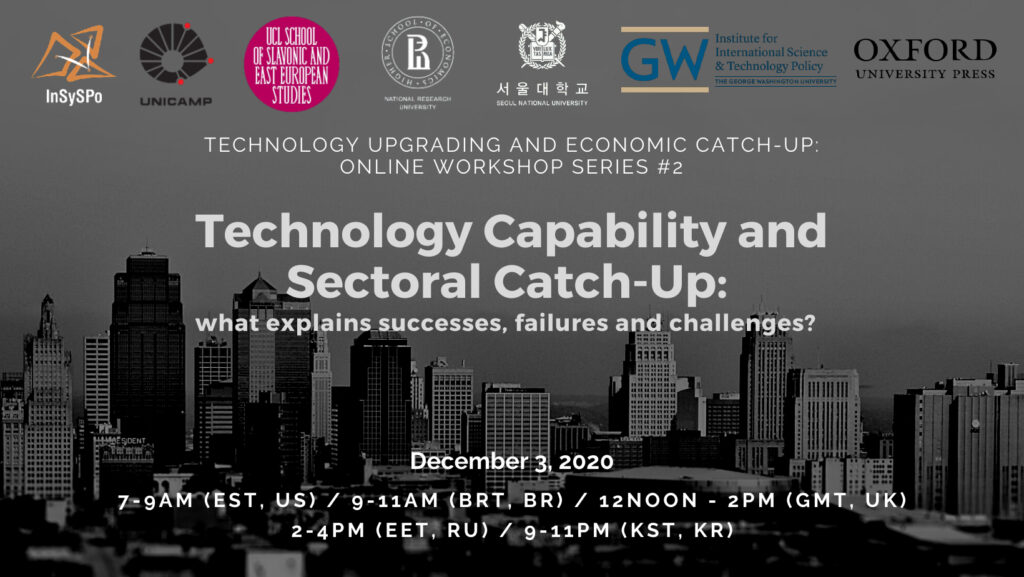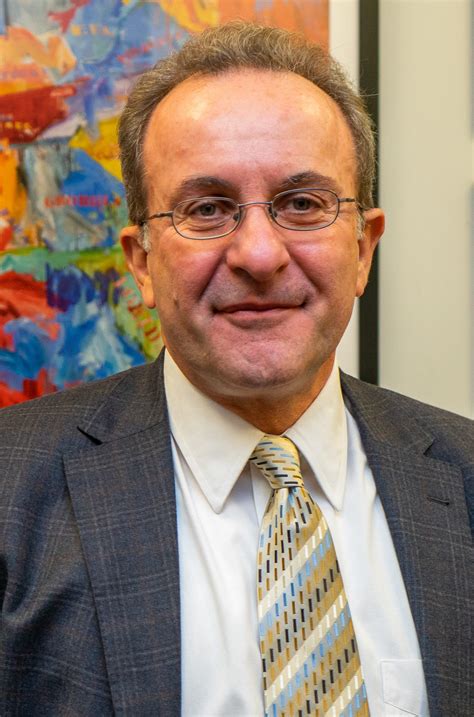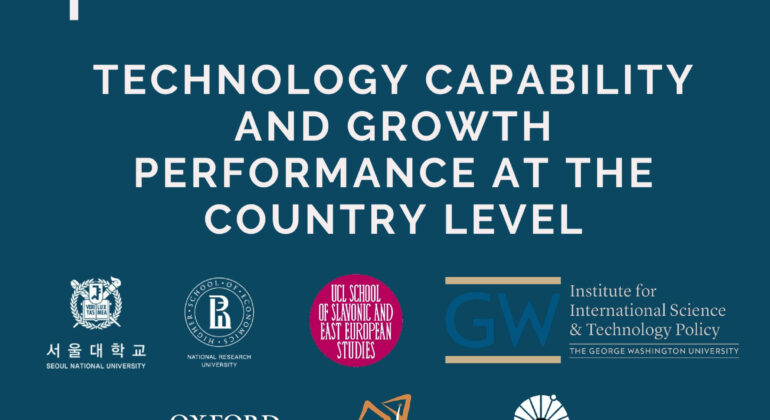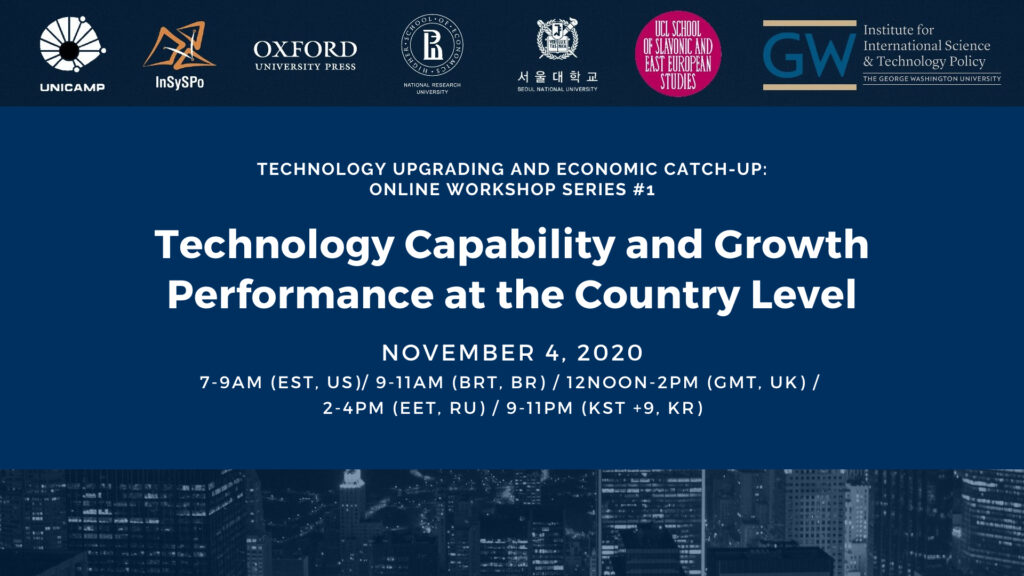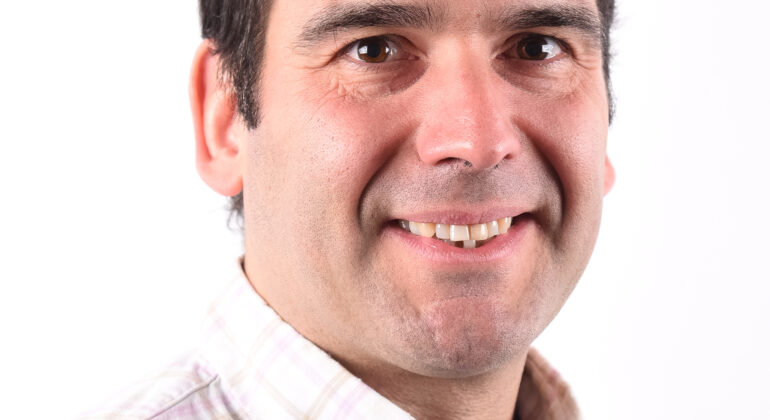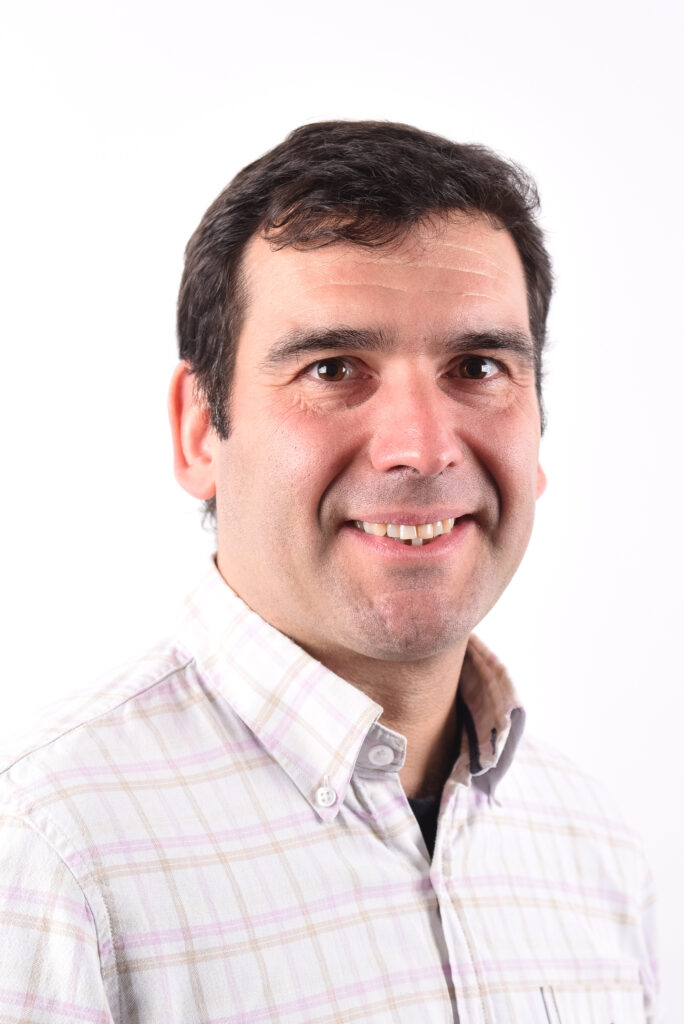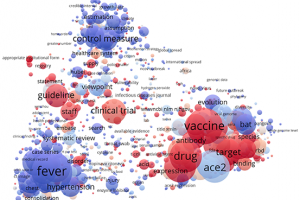Inovação a todo custo? Produzindo uma metodologia de avaliação dos parques tecnológicos no Brasil
Documento aponta para a importância do avanço dos parques tecnológicos no país…desde que este abranja também todo o seu ecossistema

Author: Guilherme Cavalcante Silva
Há um reconhecimento universal de que um dos principais fatores no crescimento socioeconômico e na sua dinamização é o investimento em processos de inovação. Isso vale especialmente para nações “emergentes” como o Brasil. Nesse sentido, em meio a tantas notícias ruins, o Brasil pode se orgulhar de ter apresentado melhora em sua posição no último índice anual de inovação (Global Innovation Index), publicado no segundo semestre de 2020, saltando quatro posições (atualmente está no 62º lugar no ranking, entre 131 países avaliados), ocupando o quarto lugar na América Latina – ainda que o cenário de desenvolvimento de capacidade tecnológica ainda esteja longe do ideal, como aponta este estudo. Neste contexto, os parques tecnológicos ganham proporção cada vez maior no país.
Ao todo, segundo dados da Associação Nacional de Entidades Promotoras de Empreendimentos Inovadores (Anprotec), o Brasil possui 43 parques tecnológicos em operação e 60 nas fases de implantação e em projeto; destes, 36 na área de Tecnologia da Informação e Comunicação (TIC), 25 em biotecnologia; e 22 na área de energia – os três principais temas de interesse dos parques. Mas, afinal, o que são parques tecnológicos? Se o cenário que você pensou é o das mega empresas de tecnologia do Vale do Silício, é melhor deixar o imaginário dos filmes de lado. Os parque tecnológicos são bem mais do que um conglomerado de empresas da área de TIC. Eles exercem uma função vital nos ecossistemas locais de inovação e no fomento à produção, pesquisa e empreendedorismo inovador.
O que são parques tecnológicos?
A definição sobre o que é parque tecnológico aparece de forma variada na literatura sobre o assunto. Algumas definições são mais estritas, enquanto outras aparecem de forma mais ampla. De modo geral, parque tecnológico, segundo a definição da Protec, é um complexo produtivo industrial de serviços de base científico-tecnológica, planejado, tendo caráter formal, concentrado e cooperativo, agregando empresas cuja produção se baseie em pesquisa e desenvolvimento, promovendo a cultura de inovação, competitividade e capacitação empresarial com o objetivo de incrementar a riqueza de uma região. Em resumo, ele se baseia na concentração geográfica e planejada de empresas com orientação para pesquisa, desenvolvimento e inovação. Portanto, nem toda zona industrial ou condomínio de empresas é um parque tecnológico.
A Secretaria de Desenvolvimento Tecnológico e Inovação do Ministério da Ciência, Tecnologia, Inovações e Comunicações (MCTI) encomendou recentemente a criação de uma metodologia de classificação e avaliação dos parques tecnológicos no Brasil, com o objetivo não apenas de pensar em estratégias de desenvolvimento, mas de otimizar a alocação de recursos públicos na criação e manutenção destes. O projeto, encabeçado pelo Grupo de Estudos sobre Organização da Pesquisa e da Inovação (Geopi/Unicamp), contou com a coordenação de três membros do InSySPo: Bruno Fischer, Paola Schaeffer e Camila Zeitoum. O relatório foi concluído e enviado ao ministério no fim de 2020.
Dentro do propósito de fornecer uma metodologia para classificar e priorizar o fomento por parte do governo em parques tecnológicos, o relatório acaba por quebrar algumas noções comuns associadas a estes, como a ideia de que a implantação massiva deles, por si só, é capaz de gerar um boom socioeconômico na região onde estão situados. Para tanto, incorpora-se, dentre as dimensões avaliadas pela metodologia, aspectos relativos às condições do ecossistema onde o parque se encontra e seu alinhamento produtivo e com as políticas públicas locais. “O parque não tem como objetivo ser o principal elemento de promoção do desenvolvimento regional. Ele aparece como um importante dinamizador de algo que já está se estabelecendo”, alerta Zeitoum. O investimento em parques sem planejamento ou consideração para com a vocação e o grau de desenvolvimento locais, bem como a disponibilidade de recursos humanos qualificados, pode produzir os famosos “elefantes brancos”, que trazem amplos déficits aos cofres públicos.

“É lógico que se fosse simples criar um parque tecnológico em uma região economicamente periférica e esperar que isso gere desenvolvimento para a região seria fantástico. Mas não é isso que acontece. O que a gente percebe, pelas evidências, é que você pode criar um parque tecnológico e ele virar um ralo de insumos. Quanto mais dinheiro público você coloca, na ausência de determinadas condições, mais ele suga sem dar retornos que justifiquem a sua existência. Por quê? Existem coisas anteriores que precisam ser entendidas, os motivos de não haver desenvolvimento socioeconômico ali. Estas são questões são complexas e o parque não vai suprir essa miríade de elementos que influenciam o desenvolvimento regional”, exemplifica Fischer. Vale lembrar que somente em 2020, o orçamento da pasta chegou a R$ 15 bilhões em 2020.
A realidade dos limites de iniciativas isoladas, como a construção de parques tecnológicos no desenvolvimento socioeconômico regional, aponta para a complexidade que envolve a redução de assimetrias econômicas e tecnológicas entre regiões de um país, como a existente entre Norte/Nordeste e Sul/Sudeste, e mesmo entre blocos de países, como América Latina e Europa/América do Norte. “Não adianta criar algo porque é tendência internacional. É preciso que haja ativos complementares para isso na região. Caso contrário, os resultados ficarão bem aquém do que se espera. A grande questão é que essas mudanças de orientação e desenvolvimento não são rápidas, nem fáceis”, conclui Fischer. Um dos pontos fortes da metodologia é justamente considerar o papel do parque no âmbito do ecossistema em questão e suas potencialidades em termos de interações internas e com o ambiente externo e, com isso, sinalizar pontos de convergência e aspectos onde se façam necessários alinhamentos e eventuais investimentos específicos.
Um dos objetivos da metodologia era ressaltar a importância do chamado “ecossistema de inovação” [ver infográfico abaixo] na criação de projetos voltados para avanços tecnológicos e de inovação. Essa expressão, comum entre pesquisadores da área de inovação, aponta para a importância de considerarmos a relação entre diversos fatores para o êxito de projetos de inovação. Fatores estes que ultrapassam as “quatro” paredes das empresas e seus recursos financeiros e materiais, envolvendo aspectos menos “palpáveis” como: políticas públicas a nível regional e local; orientação industrial, tecnológica e econômica pré-existente no local; capacidade científica e de formação de recursos humanos atrelada à região (ex: universidades ou centros de pesquisa), entre outros. “O parque não é descolado do seu contexto. O parque depende da universidade formando pessoas para seu pessoal, bem como do governo local, que precisa estar engajado na iniciativa. Outras empresas vão demandar ou fornecer produtos para as empresas que estão no parque. Tudo isso é vital, se não o parque vira um condomínio desconexo de empresas, improdutivo e acarretando prejuízos contínuos”, aponta Schaeffer.

O Mapeamento de Avaliação de Parques Tecnológicos do Brasil (MAPTec) construiu vários indicadores para avaliar quantitativamente (de 0 a 1) cada uma das dimensões do parque tecnológico – quais sejam: ecossistema externo e interno/interações, governança, e resultados/impactos, concluindo na construção de três perfis característicos dos parques tecnológicos brasileiros: o parque líder (com pontuação mais alta, <0,85), o parque seguidor (pontuações medianas, 0,60-0,85) e o parque embrionário (pontuações baixas, >0,60). Embora não tenham realizado um levantamento exaustivo sobre a quantidade de parques situada em cada um destes perfis, a equipe responsável pela pesquisa propôs uma série de iniciativas a fim de otimizar a avaliação e estimular a transição dos parques para estágios mais consolidados de organização. “Fizemos a metodologia com uma preocupação de evidenciar para o gestor público o que os perfis estão indicando, isto é, quais são os pontos fortes de cada parque, quais são os gargalos e fragilidades de cada um, levando em conta os diferentes estágios de maturidade. Assim, ele consegue definir prioridades no seu planejamento e gasto”, acrescenta Zeitoum.
Além de demonstrar a importância de conter a implementação de iniciativas de fomento à inovação a todo custo, o mapeamento lança à tona o desafio de sistematizar e avaliar o impacto das iniciativas públicas e privadas no Brasil. Essa foi a principal sugestão feita na conclusão da metodologia, o que envolvia as seguintes recomendações: 1) compulsoriedade do envio de informação para as empresas e parques tecnológicos concorrerem a incentivo financeiro do governo federal; 2) sistematização do processo de coleta de dados dos parques tecnológicos; 3) uso contínuo de ferramentas de classificação, monitoramento e avaliação de impacto dos parques antes, durante e depois do processo de tomada de decisão sobre fomento; e 4) engajamento da comunidade acadêmica na avaliação e classificação de parques tecnológicos. A solicitação da criação de uma metodologia de avaliação dos parques, por parte do MCTI, é um importante passo nesse sentido. “Nossa intenção é apoiar o estabelecimento de uma cultura de avaliação dos investimentos feitos especialmente na esfera pública. A análise de impacto aqui no Brasil ainda é bem defasada em relação ao que é feito na Europa e Estados Unidos. Precisamos nos acostumar, e não falo apenas em relação aos parques, a fazer um acompanhamento de resultados e impactos de programas públicos”, ressalta Fischer.
Enquanto isso, o Brasil testemunha um crescimento no número de parques tecnológicos e conta com vários bons exemplos de parques que se tornaram importantes polos de desenvolvimento regional e de fomento a inovação, como mostra o quadro abaixo. “O momento tem sido de crescimento no número de parques no país. Com o desenvolvimento de um ecossistema de inovação saudável, associado à uma melhor infraestrutura, parcerias com universidades, interação entre governo local e parque tecnológico, fomento à criação de competências científicas, produtivas e tecnológicos e uma avaliação de impacto mais consistente, os parques têm tudo para continuar gerando ganhos socioeconômicos significativos no Brasil”, conclui Fischer.


